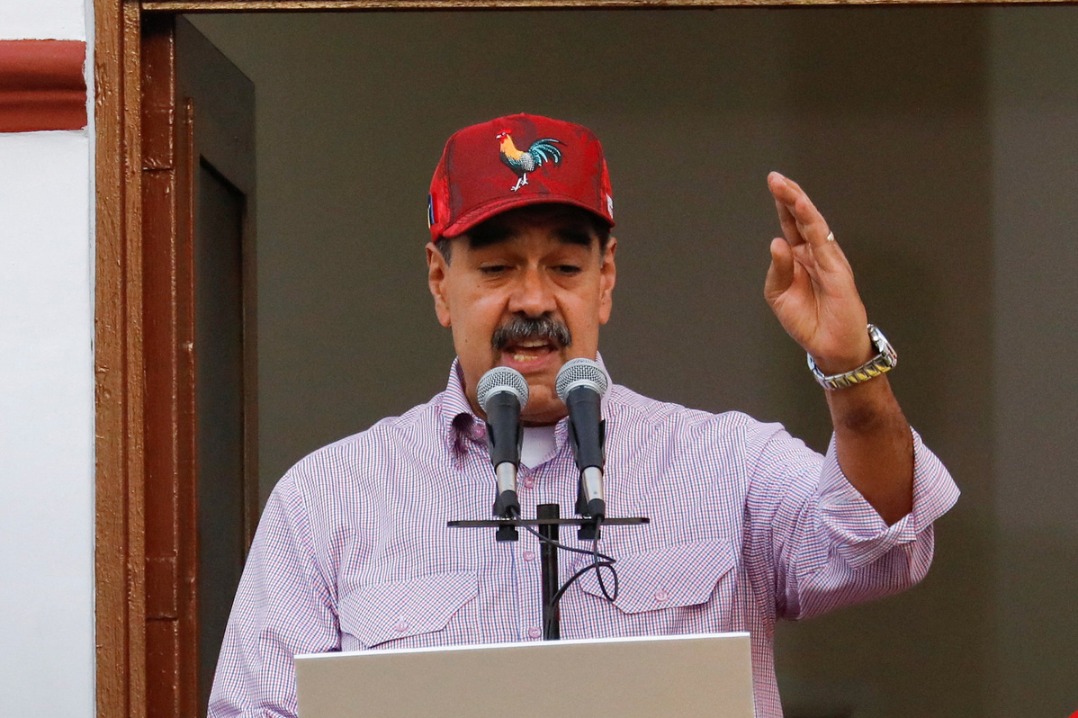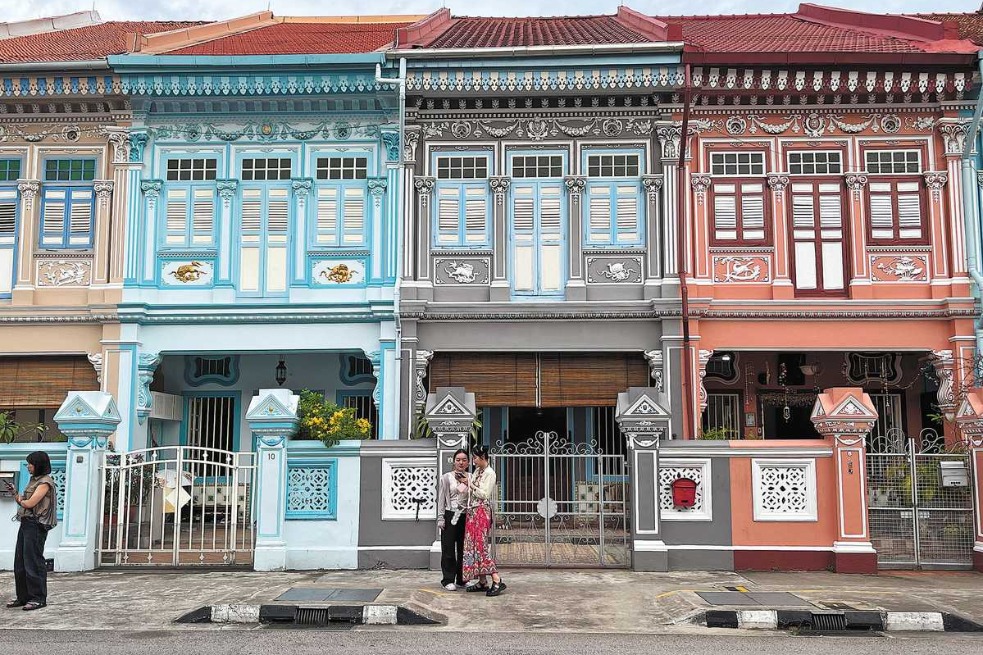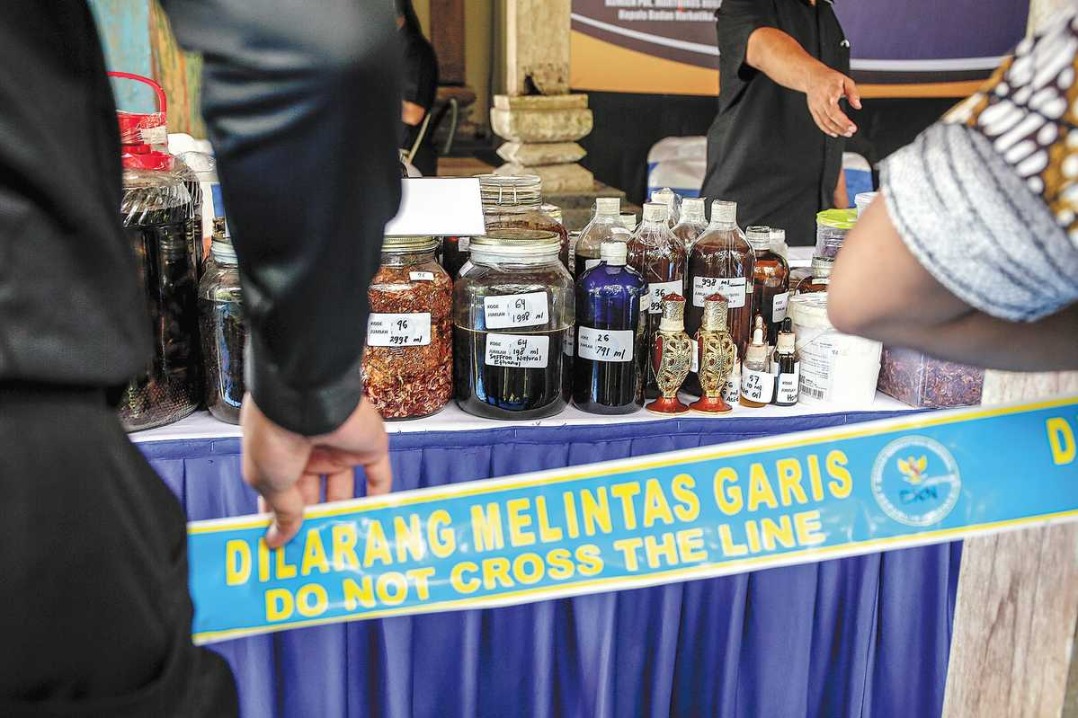Mosquito-borne virus cases trigger alarm in L. America

Cases of illness caused by the potentially fatal Chikungunya virus are surging in Latin America, prompting alarm among health authorities and triggering alerts throughout the region.
The virus is carried by mosquitoes. An infection can cause abrupt fever and severe joint pain that can last from a few days to weeks, months and even years. There is no effective treatment outside of analgesics and pain relievers.
Chikungunya cases in Latin America and the Caribbean doubled last year to 272,558, from 136,014 in 2021, according to the Pan American Health Organization. The virus caused 87 deaths in 2022 in the Americas, most of them in Brazil. So far this year, 33 people have died, all of them in Paraguay, where 164 patients were hospitalized as of March 3 — 20 of them in critical condition.
"The hospitals are full and … all the patients have the same symptoms. In the emergency rooms, there are two doctors, with luck, for thousands of people. You must wait hours and hours to get an anti-inflammatory," said Nathalia Bogarin, 35, who lives on the outskirts of Asuncion, Paraguay's capital.
Bogarin, the mother of a 16-month-old toddler, said she now feels as if she were 80, due to the long-lasting effects of the virus.
Changing environmental and weather conditions caused by factors such as deforestation and climate change are among the reasons for the reemergence of viruses, according to a paper by the International Journal of Environmental Research and Public Health, which chartered climate change and the impact on dengue, Chikungunya and Zika viruses in northern Brazil from 2010 to 2019.
"We are doing joint work between various institutions.… We must persist with the elimination of (mosquito) hatcheries, especially after these rains," said Guillermo Sequera Buzarquis, general director of health surveillance at Paraguay's Ministry of Public Health and Social Welfare.
Some Chikungunya survivors, like Erika Schoeman, 27, said the authorities need to take more action.
Schoeman was infected with the disease in early January and is still facing its painful effects.
The fight against the Aedes aegypti female mosquito that transmits the disease is regional.
Oxitec, a United Kingdom-based biotech company, developed maleonly female-lethal mosquitoes that can be harvested anywhere by adding water and releasing them to chase and kill the female population of Aedes aegypti.
"Our just-add-water friendly Aedes aegypti solution has suppressed populations of the invasive Aedes aegypti by up to 96 percent in densely populated, urban communities in Indaiatuba (in Brazil). This level of efficacy far exceeds typical performance of conventional tools, which are failing due to resistant mosquitoes," Neil Morrison, chief strategy officer at Oxitec, told China Daily.
Vaccines against the virus are not yet available.
The writer is a freelance journalist for China Daily.
































